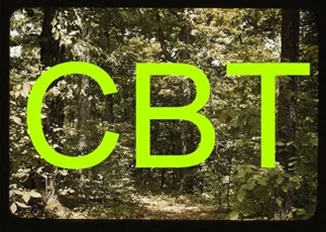 A good general guideline for the social work licensing exam: "When in doubt, it's CBT."
A good general guideline for the social work licensing exam: "When in doubt, it's CBT."
Why?
Cognitive Behavioral Therapy is research validated therapy practice. That is, it works--studies say so. And the Code of Ethics says social workers should using treatments that work. And CBT's here-and-now focus is social work friendly. It works short term. It works on a wide array of symptoms--the very ones social workers face in day-to-day practice: anxiety, depression, panic, phobias, on and on.
CBT's been around long enough to have spawned new variations on its themes. Those "third wave" treatment approaches may also show up in good light on the exam. Treating BPD? Try DBT.
A typical question on the social work exam will pit CBT against its less-validated ancestors and cousins. "A so-and-so client seeks a social worker's help with such-and-such trauma. What is the BEST available treatment option?" A) Explore childhood roots of trauma (psychodynamic psychotherapy), B) Use EMDR to lessen experience of trauma, C) Use Rogerian principles to build rapport, D) Decrease symptoms with CBT.
You get the idea. Each approach may be helpful. It may even be your personal favorite approach to helping clients. But it's not what the social work examiners want to hear. Ask yourself, which is validated, targeted, quick, effective, and mainstream? That's D. That's CBT.
To brush up on Cognitive Behavioral Therapy, some quick reading, listening, and a video:

 A good general guideline for the social work licensing exam: "When in doubt, it's CBT."
A good general guideline for the social work licensing exam: "When in doubt, it's CBT."